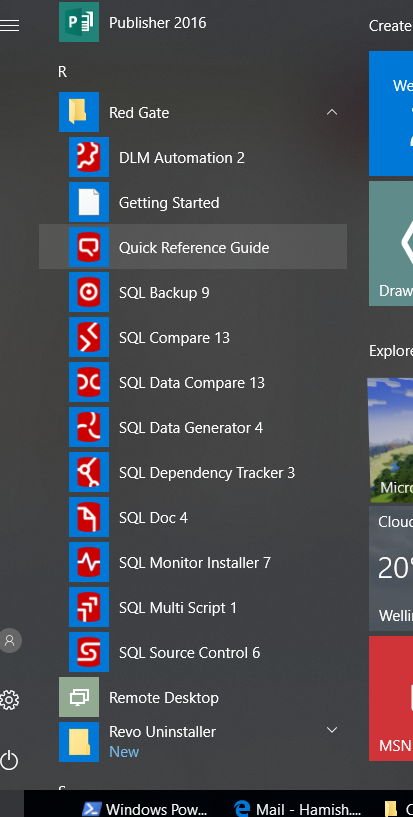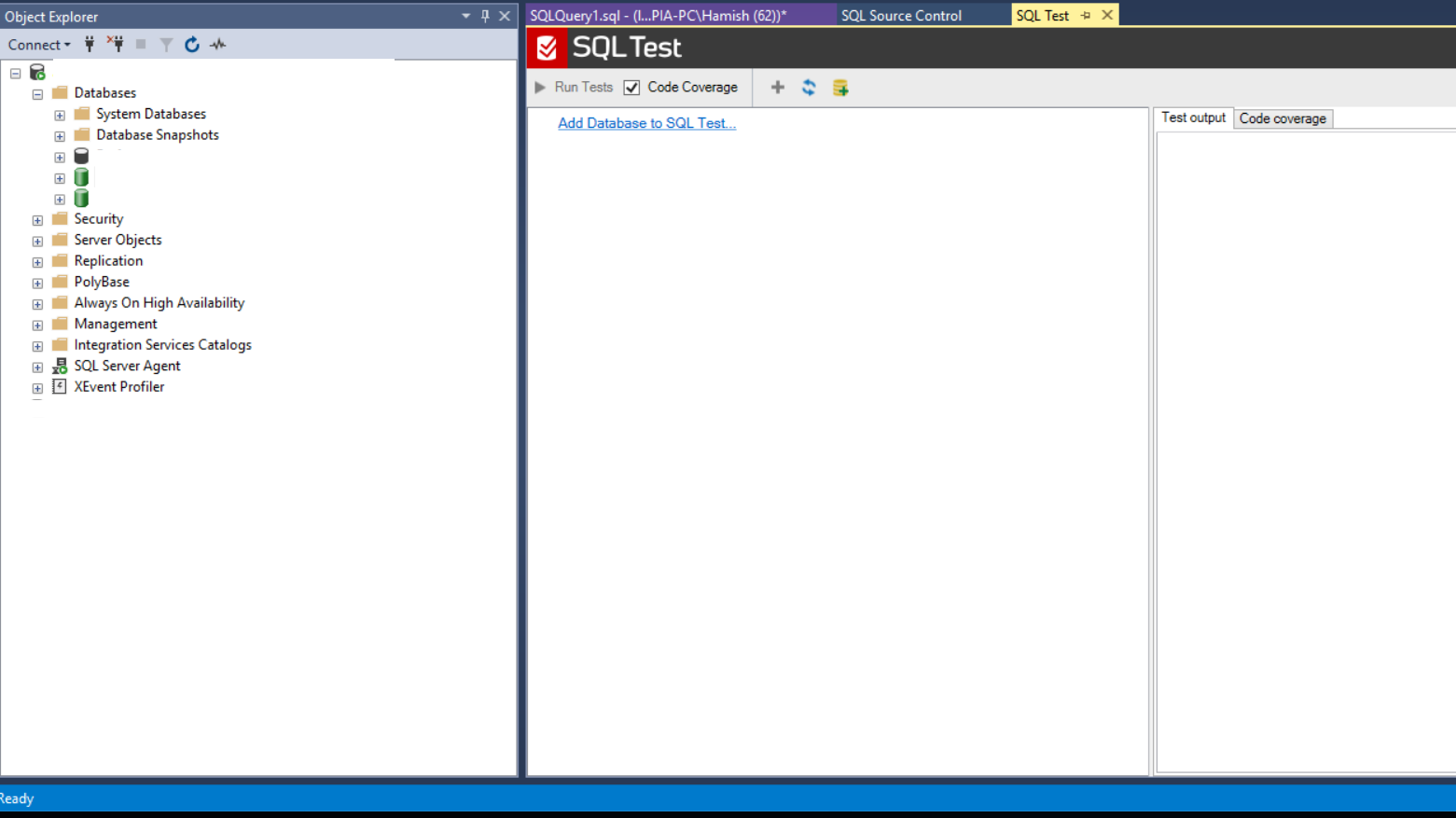Way back in 2019 I set some goals…. well I wrote some goals and posted them here
2019 seems a lifetime ago…..that was the year I travelled 200,000 air kilometres (about 125,000 air miles) helping communities learn, I helped a community that was grieving here in Christchurch, ran for the PASS Board, established my first foundational client, wasn’t scared of a cough and paid my mortgage off. Oh and I was married, but that’s a whole different story.
Fast forward 5.25 years and here I am, about to write about goals again. Now that doesn’t mean that I have not had goals in that time – one of my goals of 2021 was to survive a messy divorce and live for my kids every day. My goal for 2022 was to rebuild my life and establish my new home base. My goals for 2023 were to accelerate what I was doing and go forward at a frenetic pace that is how I live life. This involved setting up my company as a Professional Services company with consultants working through it, rather than just me doing keyboard things.
In 2024 my initial vision for this year was to innovate – whilst still maintaining my life based around my children, helping mates out with work stuff, doing great community things and enjoying great food/wine.
So here are my goals for 2024 – a year that I hope will encompass diversification of what I do in industry while maintaining good stable financial outcomes (that sounds wordy doesn’t it… I used my words carefully).
My strategic goals for 2024 are around FinOps, Real-Time Analytics, DevOps, and Artificial Intelligence (AI) which I hope will significantly enhance my company’s (Morph iT Limited) efficiency, innovation, and competitive edge….. or maybe I establish an awesome start-up dedicated to all these things (more on that in another post). Why real-time analytics you might be asking…
…..well, I am a Data Platform MVP with Microsoft and data is core to everything I have done in the past 25 years.
FinOps Goals
I want to help companies realise these benefits:
- Cost Optimization and Transparency: Implement comprehensive monitoring and reporting mechanisms to provide real-time visibility into cloud spending across different departments and projects. Help clients get a 20% reduction in unnecessary cloud expenditures through more informed decision-making (using data) and waste elimination.
- Cross-Functional FinOps Team: Using my existing DevOps coaching skills to write material that will help clients establish a cross-functional FinOps team that includes finance, operations, and development leaders to ensure alignment of cloud investment with business outcomes.
- FinOps Training and Certification: Ensure I am certified in FinOps principles by the end of June 2024 to be able to help clients embed FinOps culture deeply within their organisation.
Real-Time Analytics Goals
- Speak more about a Unified Data Platform: Yip, this is about Azure Data Explorer a real-time analytics platform that consolidates data across various sources, reducing the time to insight from hours to minutes. This will be around how it integrates into the Microsoft Fabric ecosystem.
DevOps Goals
These goals are more around what areas I want to focus on in 2024, you could call them trends I foresee…
I spoke about trends in these YouTube videos:
- Growth of AI and Machine Learning in DevOps (AIOps)
AI and machine learning will increasingly be integrated into DevOps tools and processes, enabling more sophisticated analysis of data, predictive analytics, and automation. AIOps can help teams anticipate issues, optimize performance, and automate routine tasks, leading to more proactive and intelligent operations. - Emphasis on DevSecOps
Security will continue to be a critical focus, with an emphasis on integrating security practices throughout the development lifecycle rather than treating them as an afterthought. DevSecOps practices, which incorporate security early in the development process, will become more prevalent, driven by the need to address security challenges in a more agile and efficient manner. - Serverless Architectures and Functions as a Service (FaaS)
The move towards serverless computing and FaaS is expected to accelerate, offering teams the ability to focus on coding and deploying code without worrying about the underlying infrastructure. This shift supports more scalable, cost-effective, and efficient software development and deployment processes. - Infrastructure as Code (IaC) Maturity
As organizations seek more scalable and manageable infrastructure provisioning, the use of IaC will mature and expand. Tools like Terraform and Ansible will continue to evolve, enabling more dynamic and flexible management of infrastructure, which is particularly crucial in multi-cloud and hybrid environments. - Enhanced Focus on Observability
Observability will become even more critical as systems grow more complex. The ability to monitor, log, and trace system activities in real-time allows teams to understand the health of their applications deeply and respond quickly to issues. Enhanced observability tools and practices will become a staple in DevOps toolchains. - Sustainability in DevOps
Sustainability and green computing will start to influence DevOps practices, with an increasing focus on optimizing resource usage, reducing waste, and considering the environmental impact of software development and deployment activities.
These will be core tenants of what I want to do both in the community and for clients of my company.
Artificial Intelligence Goals
- AI-Driven Products and Services: Launch a new product or service offering powered by AI to address customer needs and create new revenue streams.
- AI for Operational Excellence: Implement AI algorithms in my own activities to improve operational efficiency, such as predictive maintenance, inventory management, and demand forecasting, targeting a 30% reduction in operational costs.
- Ethics and Responsibility in AI: Develop and implement a comprehensive AI ethics policy to guide responsible AI development and usage within any organisation, including transparency, privacy, and fairness considerations.
- Upskill in AI and Machine Learning: I want to understand all things AI and machine learning fundamentals to build my own capabilities.
By focusing on these goals, I want to leverage the transformative potential of FinOps, real-time analytics, DevOps, and AI to help the corporate and educational communities realise the benefits of driving cost efficiency, operational excellence, innovation, and sustainable growth.
Sounds like some good goals to have to help #makeStuffGo….
Yip.





